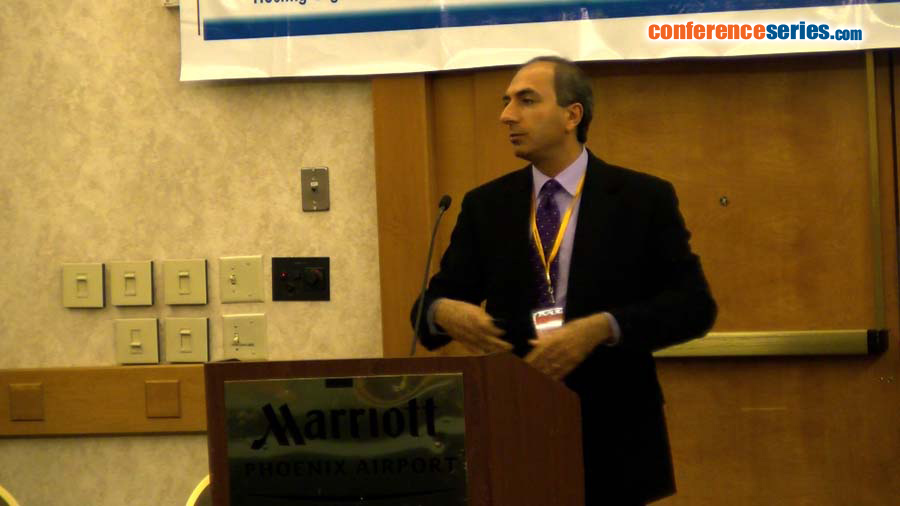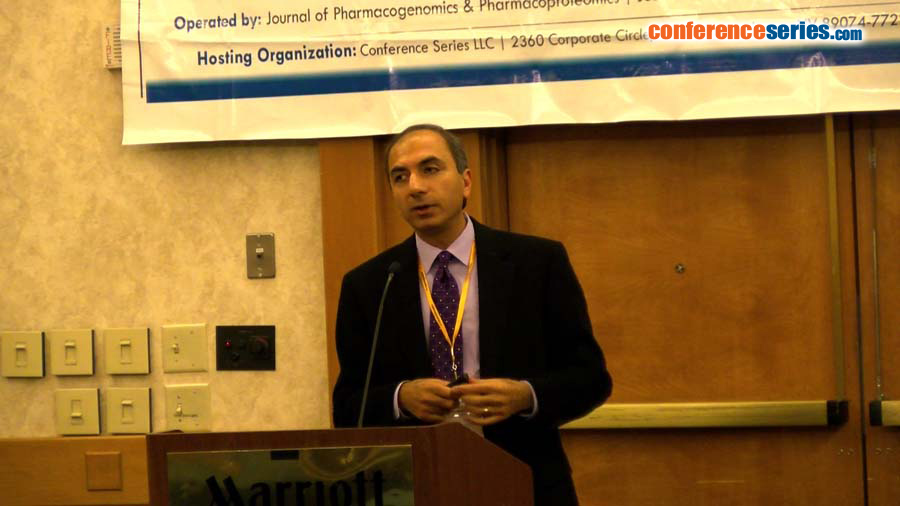
Bahram G Kermani
Crystal Genetics Inc.,USA
Title: Achieving clinical grade genetic testing based on whole genome sequencing
Biography
Biography: Bahram G Kermani
Abstract
Genetic tests are gateways to understanding the predisposition state for different genetic diseases. Although not everybody is affected by genetic anomalies, in theory, a person's susceptibility status to a disease remains unknown unless a genetic test is performed. Therefore, every person in the world can benefit from these tests and at multiple times during his/her lifetime. The susceptibility conditions are often hereditary but may also be due to de novo mutations in the patient. For many people with pathogenic mutations, effective preventative actions are available. These actions include medications, surgical interventions and lifestyle changes. For a test to be useful, it must be accurate, comprehensive, affordable and flexible. The most comprehensive and flexible genetic test is the one based on whole genome sequencing (WGS), where almost all positions of the genome can be interrogated. A fundamental issue with WGS data is the limited coverage (e.g., 30x) which could cause challenges in many areas of the genome where the biases in the process force the coverage to be significantly lower than the average. When the read coverage drops, one has no choice but using all the relevant information in the given reads to make a call, otherwise a false negative call may be made. Subsequently, for that call not to be erroneous (FP), in addition to the sample’s read information, some domain knowledge based on historic data or auxiliary information may be utilized. Therefore, machine learning and expert systems can be highly desirable models in order to achieve this objective. Variant interpretation is a common challenge in all genetic tests. WGS framework provides the most flexible model for dealing with an ever-changing landscape of the interpretation engines and databases. When WGS data is available, one can, in theory, update the test results based on the most recent data in interpretation engines and databases.





